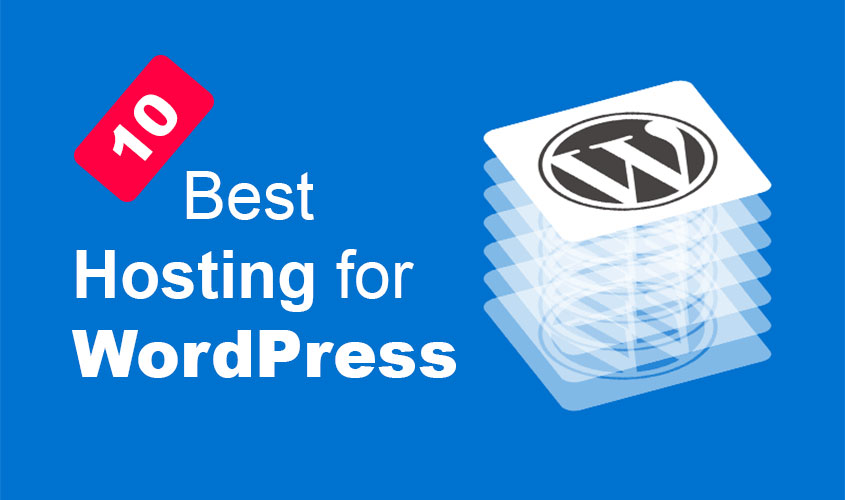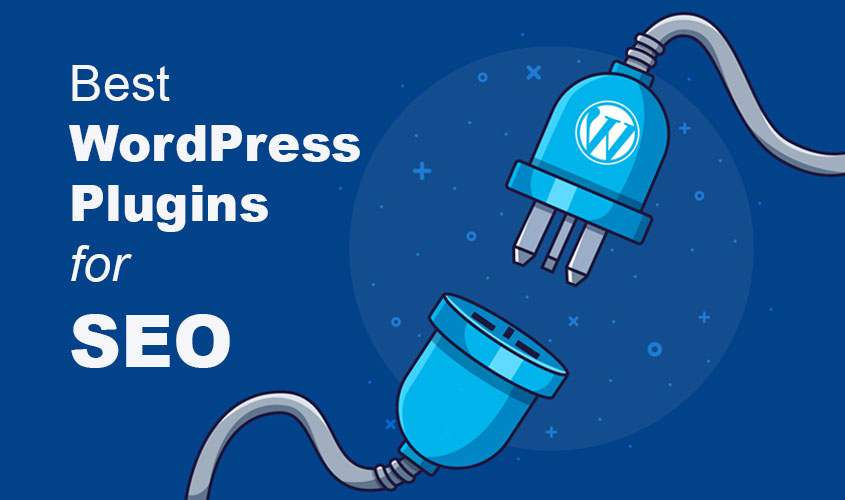Securing a WordPress website is essential to protect it from potential cyber-attacks and prevent unauthorized access. Here are some tips to help you secure your WordPress website:
- Keep WordPress up-to-date: Ensure that your WordPress core, themes, and plugins are always up-to-date with the latest security patches and bug fixes. This will help you avoid known vulnerabilities and keep your website secure.
- Use strong passwords: Use strong, unique passwords for all user accounts, including administrators, editors, and contributors. Avoid using easily guessable passwords, such as “password” or “123456.”
- Install security plugins: Install security plugins, such as Wordfence, Sucuri, or iThemes Security, to add an extra layer of protection to your WordPress website. These plugins can help you detect and block malicious traffic and suspicious activity.
- Limit login attempts: Limit the number of login attempts by using a plugin like Login LockDown or Limit Login Attempts. This will help you prevent brute-force attacks and protect your website from unauthorized access.
- Use SSL certificates: Install an SSL certificate to encrypt your website’s traffic and protect sensitive information, such as login credentials, credit card numbers, and personal data.
- Disable file editing: Disable the ability to edit PHP files from within WordPress by adding the following code to your wp-config.php file:
define( 'DISALLOW_FILE_EDIT', true );
This will prevent hackers from modifying critical files and plugins.
- Backup regularly: Backup your WordPress website regularly, either manually or using a plugin like UpdraftPlus or Jetpack. This will help you restore your website in case of a security breach or data loss.
By following these tips, you can help secure your WordPress website and protect it from potential threats.











